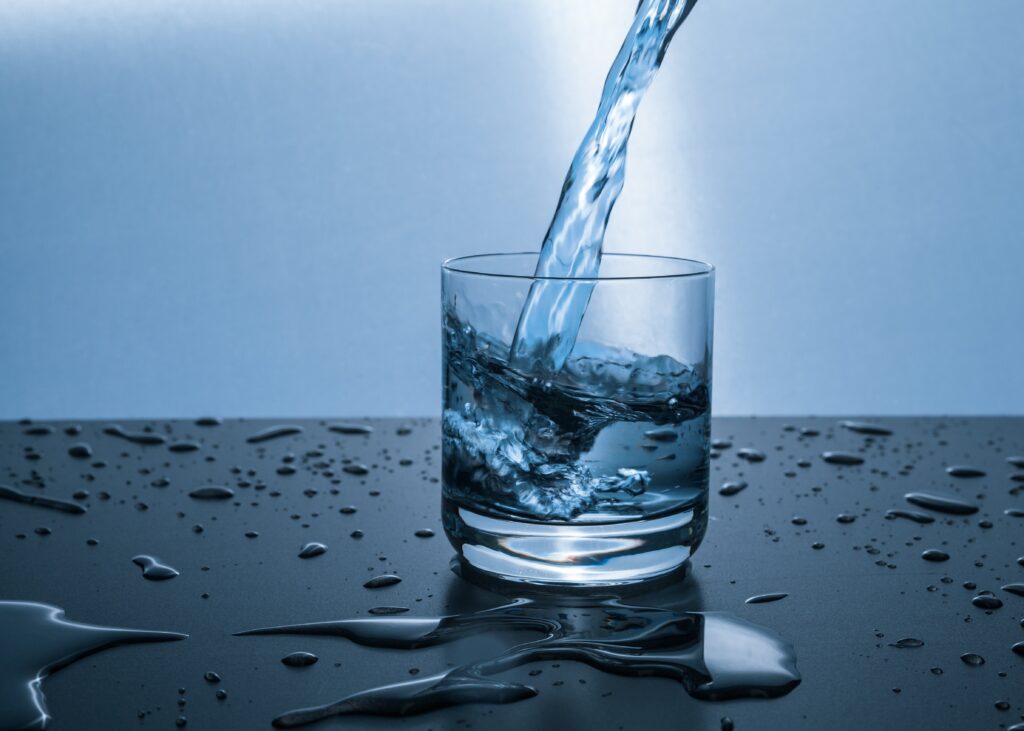Introduction
Water is the essence of life, and its significance cannot be overstated. Hydration, or the act of maintaining an adequate level of fluid in the body, is crucial for our overall health and well-being. In this blog, we’ll delve deep into the importance of hydration, exploring how it impacts our bodies, minds, and daily lives.
Why is Hydration Important?
- Cellular Function: Our bodies are composed of approximately 60% water, and every cell relies on it to function correctly. Water is the medium through which essential nutrients and oxygen are transported to cells, while waste products are removed.
- Temperature Regulation: Sweating is our body’s natural cooling system. Adequate hydration is necessary to regulate body temperature, preventing overheating and heat-related illnesses, especially during hot weather or physical activity.
- Digestion and Nutrient Absorption: Water plays a pivotal role in breaking down food and aiding digestion. It helps transport nutrients from the digestive system into the bloodstream, ensuring our bodies receive the necessary sustenance.
- Joint Lubrication: Proper hydration keeps joints well-lubricated, reducing the risk of joint pain and stiffness. This is particularly important as we age and our joint health becomes more critical.
- Cognitive Function: Dehydration can impair cognitive function, leading to difficulties in concentration, memory, and mood. Staying hydrated can help maintain mental clarity and alertness.
- Physical Performance: Athletes and fitness enthusiasts know the importance of hydration for peak physical performance. Dehydration can lead to muscle fatigue, cramps, and decreased endurance.
The Consequences of Dehydration
Dehydration occurs when the body loses more fluids than it takes in, and the consequences can range from mild to severe. Common symptoms of mild dehydration include dry mouth, dark urine, and fatigue. In more severe cases, dehydration can lead to heat exhaustion, heatstroke, kidney problems, and even life-threatening situations.
How Much Water Do You Need?
The daily water intake varies depending on factors such as age, sex, activity level, and climate. However, a general guideline is the “8×8” rule: aim to drink eight 8-ounce glasses of water a day, which is roughly about 2 liters or half a gallon. However, some people may need more, especially if they engage in intense physical activity or live in a hot climate.
Tips for Staying Hydrated
- Listen to Your Body: Pay attention to thirst cues. If you’re thirsty, it’s your body’s way of signaling that it needs fluids.
- Carry a Reusable Water Bottle: Having a water bottle with you makes it easier to sip throughout the day, ensuring you stay hydrated.
- Incorporate Hydrating Foods: Foods like fruits and vegetables have high water content and can contribute to your daily hydration needs.
- Set Reminders: In our busy lives, it’s easy to forget to drink water. Set alarms or reminders to prompt you to take a water break.
- Hydrate Before, During, and After Exercise: Drink water before starting your workout, take small sips during exercise, and rehydrate post-workout to replace lost fluids.
Conclusion
Hydration is not just a necessity; it’s a fundamental pillar of health and well-being. The importance of drinking enough water cannot be overstated. By understanding how hydration impacts our bodies and by adopting simple habits to ensure we stay adequately hydrated, we can enjoy better physical, mental, and emotional health. So, raise your glass to the elixir of life and stay hydrated for a brighter, healthier future!







